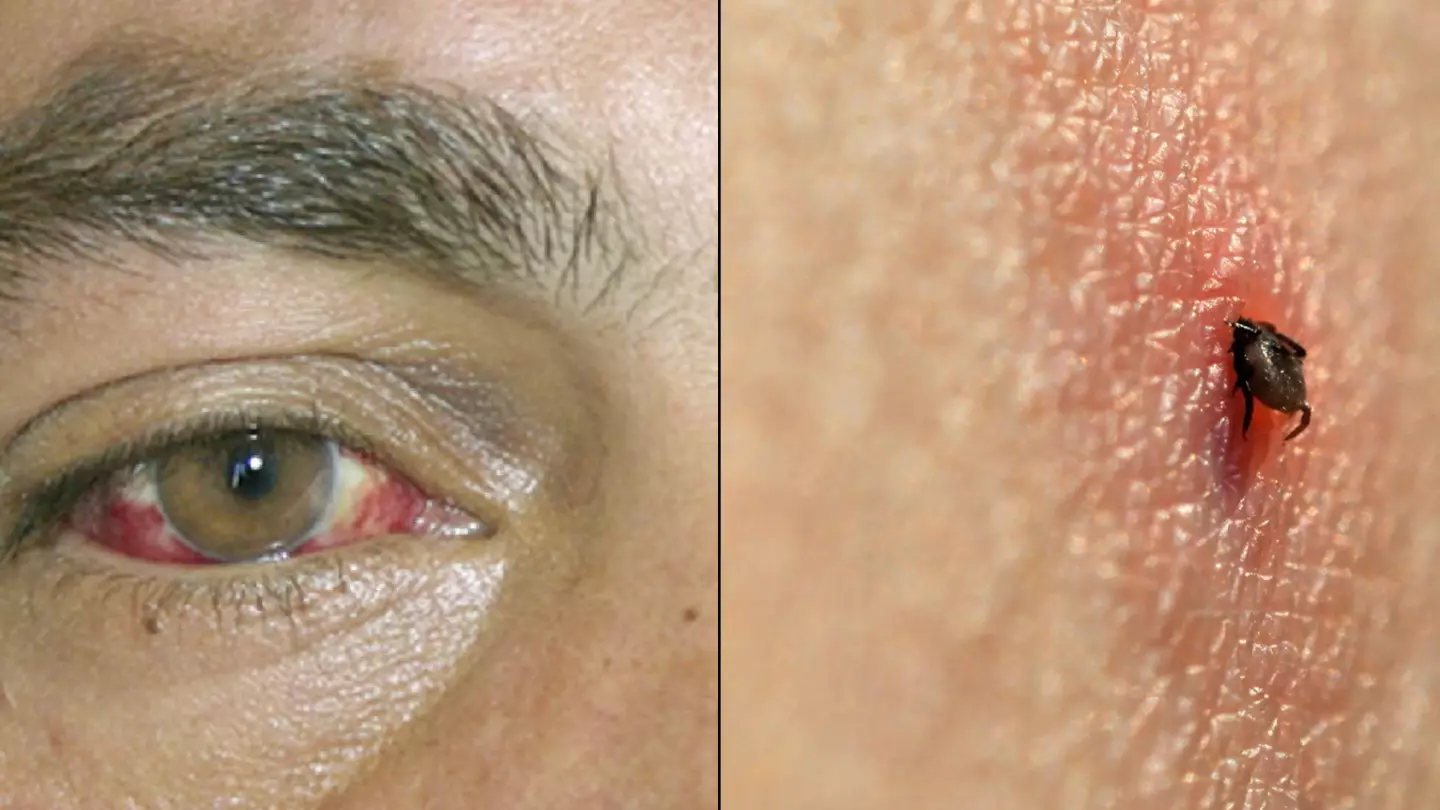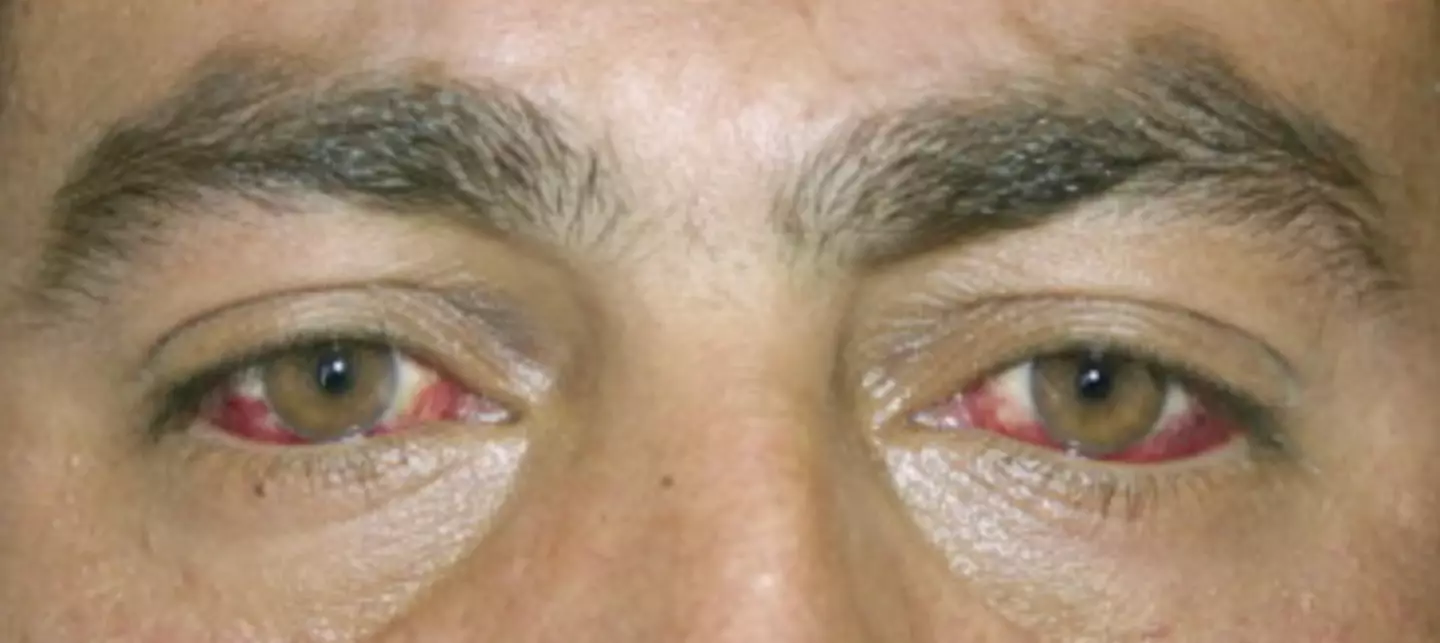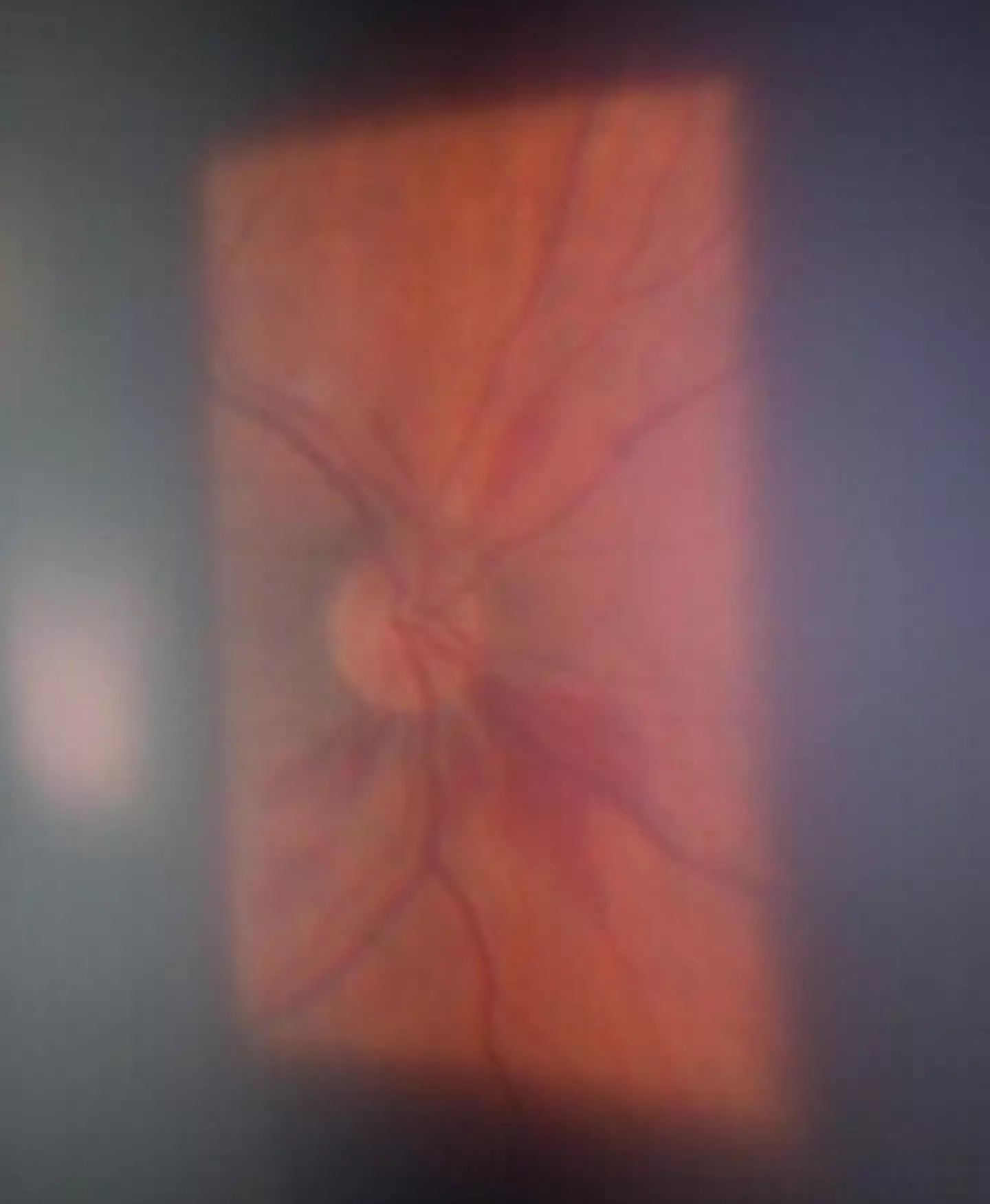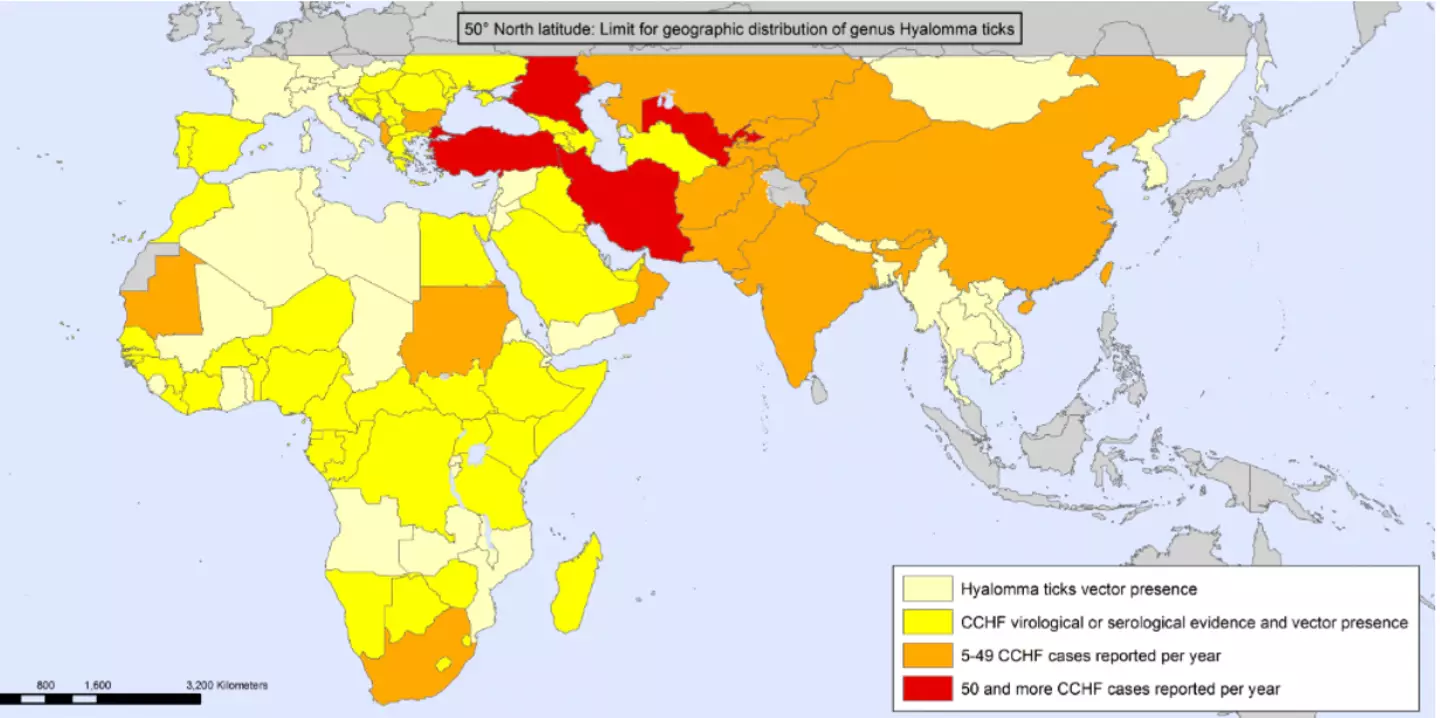
A man in Spain has been diagnosed with Crimean-Congo haemorrhagic fever (CCHF), which kills one in three people afflicted.
After contracting the disease, the patient was treated in the city of Leon, before being transferred to another facility.
The news was announced on 21 July by the Spanish defence ministry, which said: "He has a tick bite and remains in a stable condition, despite the clinical severity that this pathology implies," as reported by the Independent.
For those of you wondering, CCHF is 'a viral haemorrhagic fever usually transmitted by ticks'.
Advert

It can also be contracted through 'contact with viraemic animal tissues (animal tissue where the virus has entered the bloodstream) during and immediately post-slaughter of animals'.
The disease poses a concern to healthcare officials as it has a high fatality rate between 10-40 percent of patients, as reported by the World Health Organisation.
Initial signs of the disease are red, blood-shot eyes, a flushed face, and a red throat.
These can then progress to severe bruising, nosebleeds, and uncontrolled bleeding, which can begin 'on about the fourth day of illness and lasting for about two weeks', according to the Centers for Disease Control.
Advert

Other symptoms of the disease include vomiting, a high fever, back pain, joint pain, stomach pain, and a headache.
The good news is, that there's a treatment for CCHF, or as we like to think of it, pure nightmare fuel.
General care for the disease includes an antiviral drug, ribavirin, which can be taken both orally and intravenously.
Control of the disease is a little trickier than the treatment, as animal infection generally goes unnoticed, which means that the best method of prevention is to control the ticks that cause the infection in the animal's blood. This means using tick killer, known as acaricides.
Advert
So, who's at risk?
While the disease was first recorded in Crimea in 1944, it remains endemic in Africa, the Balkans, the Middle East, and Asia.

In August 2016, Spain reported its first case with others being recorded in Albania, Armenia, Bulgaria, Kazakhstan, Kosovo, Russia, Serbia, Tajikistan, Turkey, Turkmenistan, Ukraine, and Uzbekistan, according to Gov.uk.
The gruesome disease is somewhat an occupational hazard, with animal herders, livestock workers, and slaughterhouse workers at the highest risk.
That's because infection comes from unprotected contact with infectious blood/bodily fluids.
Advert
This also means that healthcare workers are at risk of infection if they come into contact with a patient who has CCHF.
In the UK potential cases would be diagnosed by the UK Health Security Agency, which has specialised laboratory facilities.
Topics: News, Health, World News